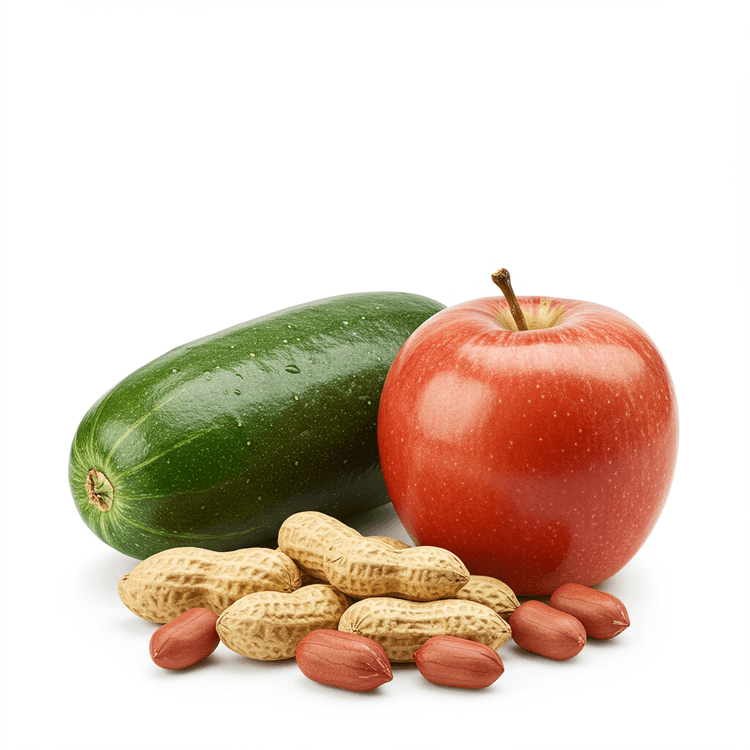
Vegetable
A vegetable is an edible part of a plant that is typically savory or less sweet in flavor compared to fruits. Vegetables come in a wide variety of textures, colors, and flavors, ranging from leafy greens like spinach to root vegetables like carrots. They are a staple in many cuisines worldwide, valued for their nutritional content, including vitamins, minerals, and dietary fiber. Vegetables can be eaten raw, cooked, or preserved, and they play a versatile role in enhancing the flavor, texture, and visual appeal of dishes.
Common Uses
- Add vegetables to soups and stews for a hearty, nutrient-rich meal.
- Roast or grill vegetables like zucchini, bell peppers, and eggplant for a smoky, caramelized flavor.
- Use leafy greens such as kale or spinach in salads, smoothies, or as a side dish.
- Incorporate vegetables like onions, garlic, and celery as a base for stocks, sauces, and stir-fries.
- Pickle vegetables like cucumbers, carrots, or radishes for a tangy, crunchy condiment.
- Blend vegetables such as tomatoes, peppers, and carrots into purees or sauces for pasta, pizza, or dips.
Health Benefits
- Vegetables are rich in essential vitamins and minerals, such as vitamin C, potassium, and folate, which support overall health and wellness.
- They are a great source of dietary fiber, promoting healthy digestion and helping you feel full longer.
- Many vegetables are low in calories, making them ideal for weight management and balanced diets.
- Vegetables add vibrant colors, textures, and flavors to meals, enhancing both visual appeal and taste.
- They are versatile and can be used in salads, soups, stir-fries, and roasted dishes, fitting into a wide variety of cuisines and cooking styles.
- Packed with antioxidants, vegetables help protect the body from oxidative stress and support a healthy immune system.
Substitutes
Chefadora AI is here.
Experience smarter, stress-free cooking.
Storage Tips
Store most vegetables in the refrigerator to maintain freshness and extend shelf life. Use perforated plastic bags or containers to allow airflow and prevent moisture buildup. Root vegetables like potatoes and onions should be kept in a cool, dark, and dry place at room temperature. For leafy greens, wrap them in a damp paper towel and store them in a sealed bag or container in the fridge. Avoid freezing fresh vegetables unless they are blanched first to preserve texture and flavor.
Marnirni-apinthi Building, Lot Fourteen,
North Terrace, Adelaide, South Australia, 5000
Australia

